Matthew Flinders: explorer’s grave discovered in London
HS2 dig unearths lost remains of celebrated navigator more than 200 years after he put Australia on the map
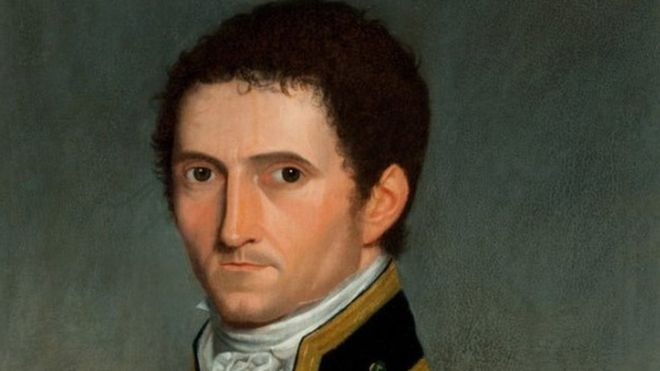
A free daily email with the biggest news stories of the day – and the best features from TheWeek.com
You are now subscribed
Your newsletter sign-up was successful
The remains of the British explorer who led the first expedition to circumnavigate Australia have been found at a burial site beneath Euston Station in London.
Captain Matthew Flinders is credited with naming Australia after sailing around the continent between 1801 and 1803. He died at the age of 40 in 1814, and was buried at St James’s cemetery in the English capital, but “the headstone marking his final resting place was removed following the expansion of Euston” in the 1840s, reports the BBC.
“For years, experts thought the explorer was buried under what became platform 15” at the busy rail hub, adds Australia’s ABC News.
The Week
Escape your echo chamber. Get the facts behind the news, plus analysis from multiple perspectives.

Sign up for The Week's Free Newsletters
From our morning news briefing to a weekly Good News Newsletter, get the best of The Week delivered directly to your inbox.
From our morning news briefing to a weekly Good News Newsletter, get the best of The Week delivered directly to your inbox.
But this week a coffin bearing Flinders’ name was found by archaeologists working on a dig at a nearby site on which the HS2 rail route will be built, reports the London Evening Standard.
His remains were among at least 40,000 bodies being exhumed, many of which will never be identified owing to the use of easily eroded tin for the breast plates on the coffins.
However, the plate on Flinders’ coffin was made of lead and was still legible.
Helen Wass, the HS2 projects’s heritage chief, said: “I was rather hoping that there would be a ship or an anchor, something that linked him to his nautical endeavours. But it’s just so exciting to see that here and to know that this was his grave.”
A free daily email with the biggest news stories of the day – and the best features from TheWeek.com
The discovery has attracted much attention in Australia, where Flinders is considered a national icon.
Australia’s High Commissioner to the UK, George Brandis, said: “This is a very exciting moment for Australia. It is serendipitous the discovery of the remains of Matthew Flinders, one of the great early explorers, should come in the week of Australia Day.”
Brandis called for a “fitting” memorial to be raised over Flinders’ final resting place.
The burial site also includes the remains of other notable figures, including the founder of Christie’s auction house and US boxer Bill Richmond.
-
 The Epstein files: glimpses of a deeply disturbing world
The Epstein files: glimpses of a deeply disturbing worldIn the Spotlight Trove of released documents paint a picture of depravity and privilege in which men hold the cards, and women are powerless or peripheral
-
 Jeff Bezos: cutting the legs off The Washington Post
Jeff Bezos: cutting the legs off The Washington PostIn the Spotlight A stalwart of American journalism is a shadow of itself after swingeing cuts by its billionaire owner
-
 5 blacked out cartoons about the Epstein file redactions
5 blacked out cartoons about the Epstein file redactionsCartoons Artists take on hidden identities, a censored presidential seal, and more
-
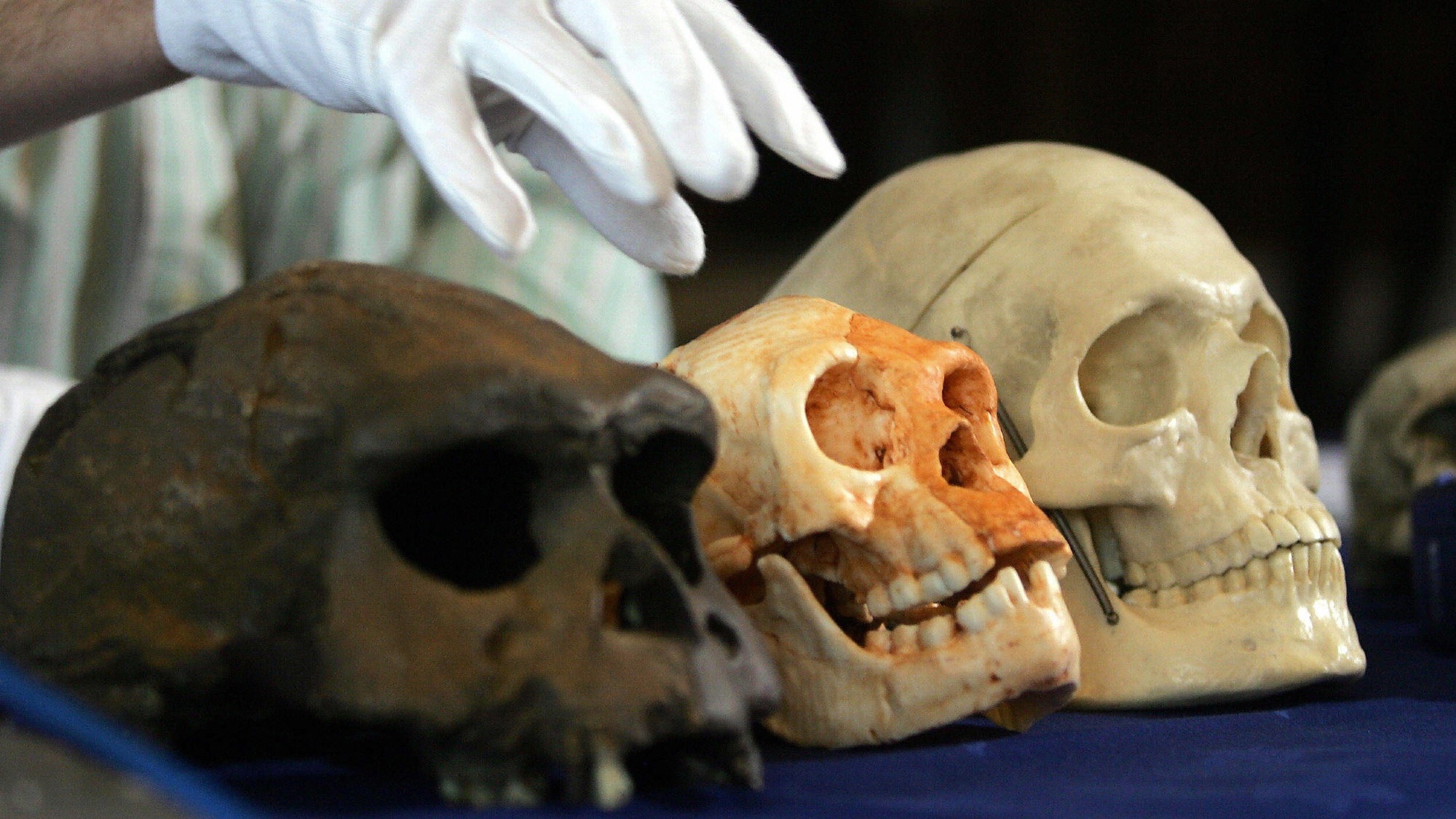 Homo floresiensis: Earth’s real-life ‘hobbits’
Homo floresiensis: Earth’s real-life ‘hobbits’Under the Radar New research suggests that ‘early human pioneers’ in Australia interbred with archaic species of hobbits at least 60,000 years ago
-
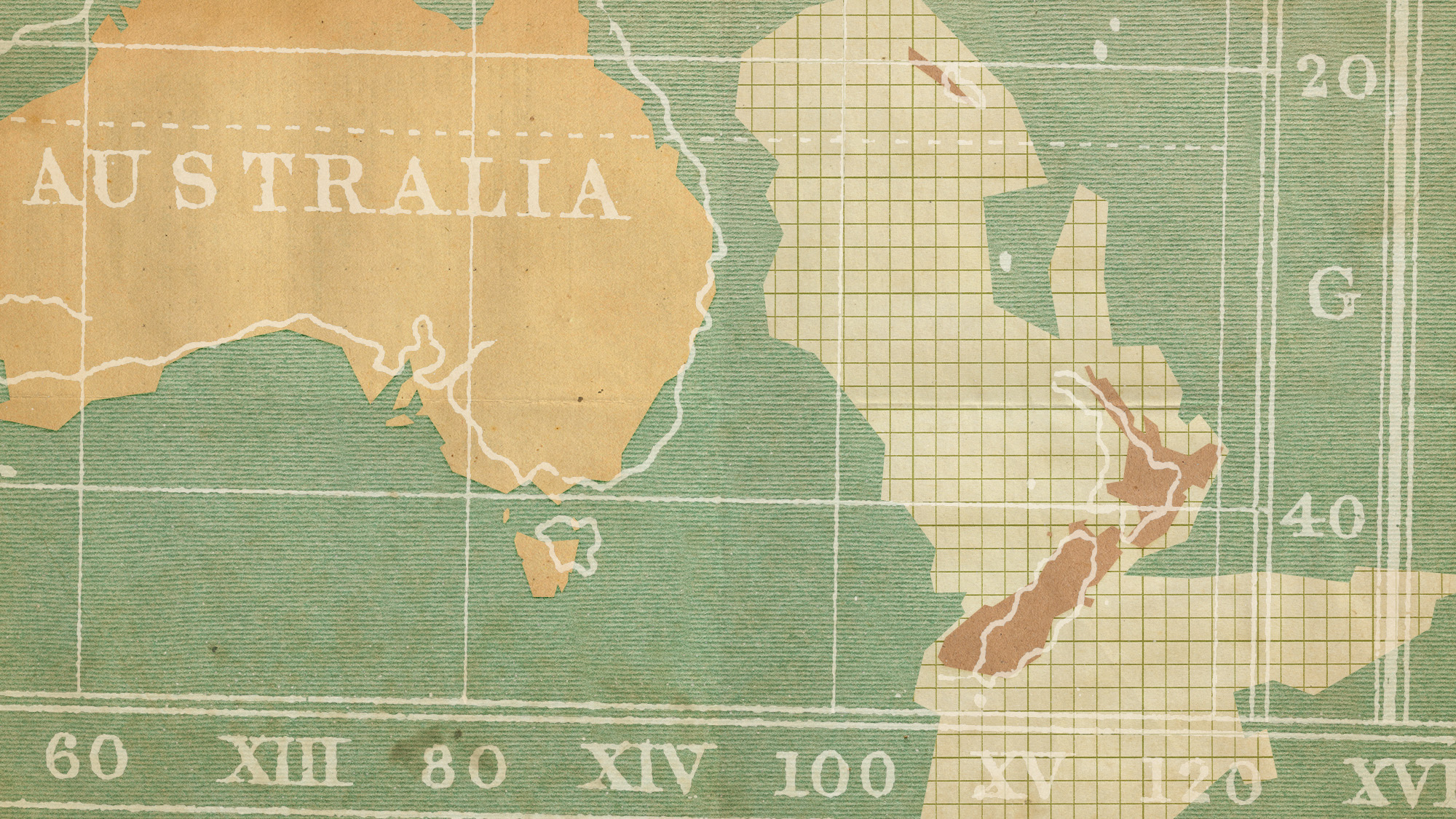 All about Zealandia, the Earth's potential 8th continent
All about Zealandia, the Earth's potential 8th continentThe Explainer The secret continent went undiscovered for over 300 years
-
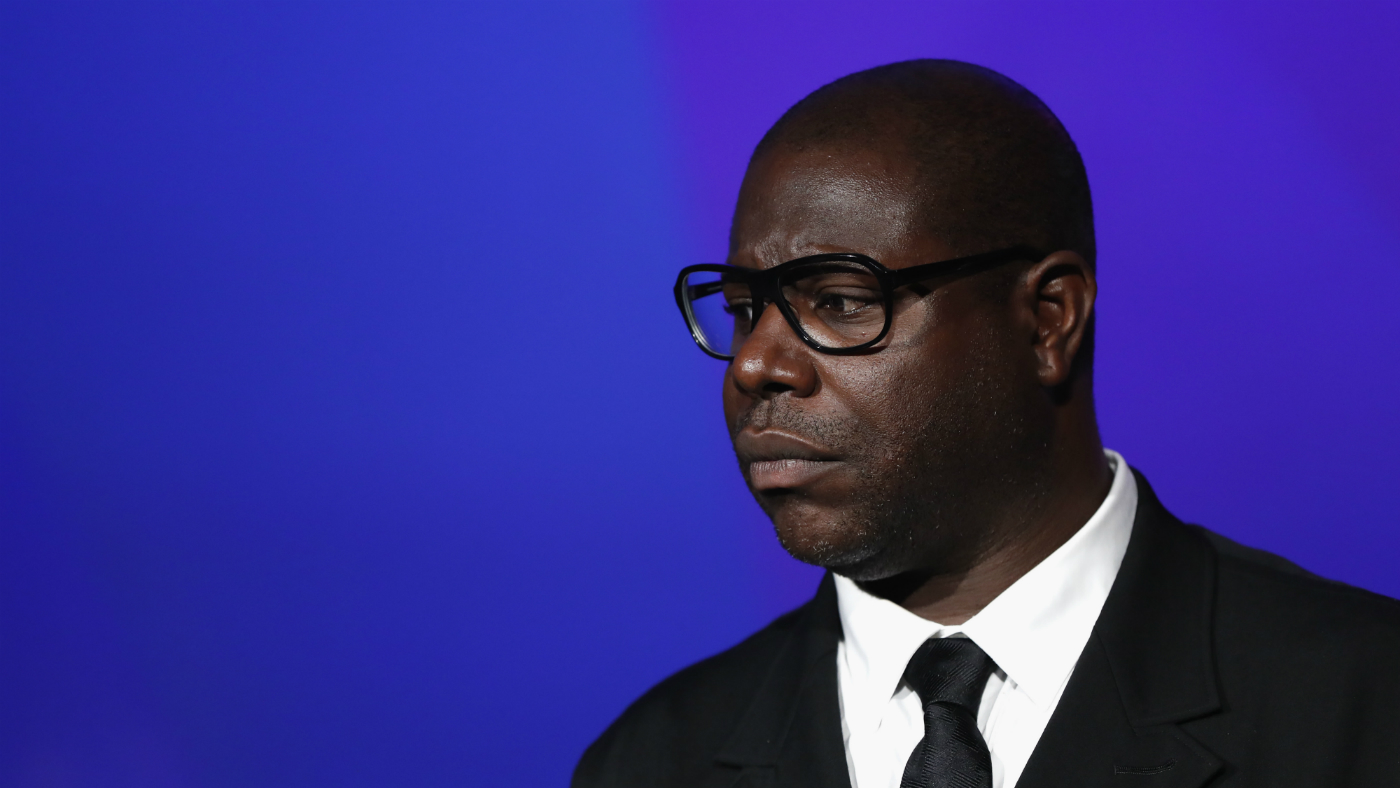 Windrush activist lists ‘100 great black Britons’
Windrush activist lists ‘100 great black Britons’Speed Read The Black History Month project celebrates individuals who collectively span the past 400 years
-
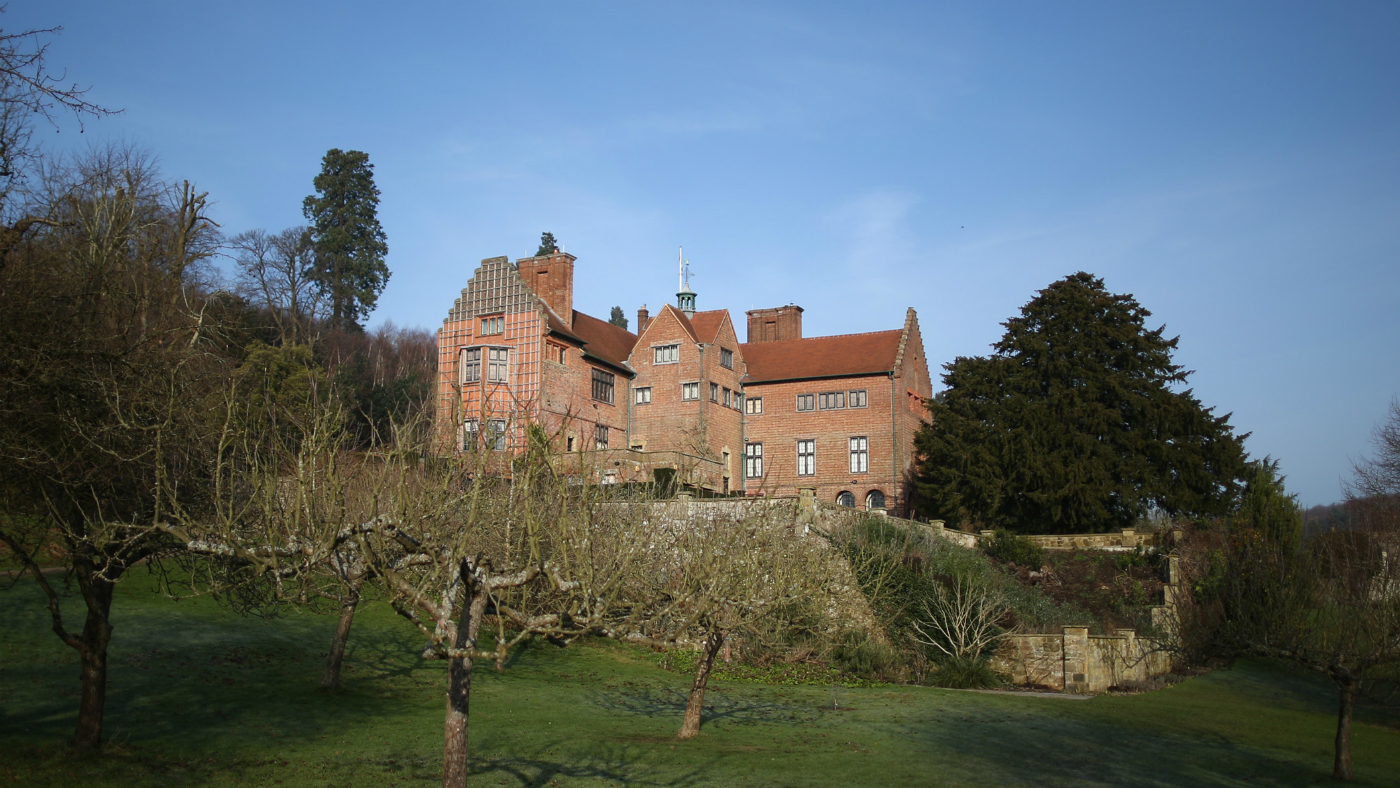 BLM: almost 100 National Trust properties linked to slavery and colonialism
BLM: almost 100 National Trust properties linked to slavery and colonialismSpeed Read Review reveals ‘uncomfortable truths’ behind homes owned by famous figures including Winston Churchill and Rudyard Kipling
-
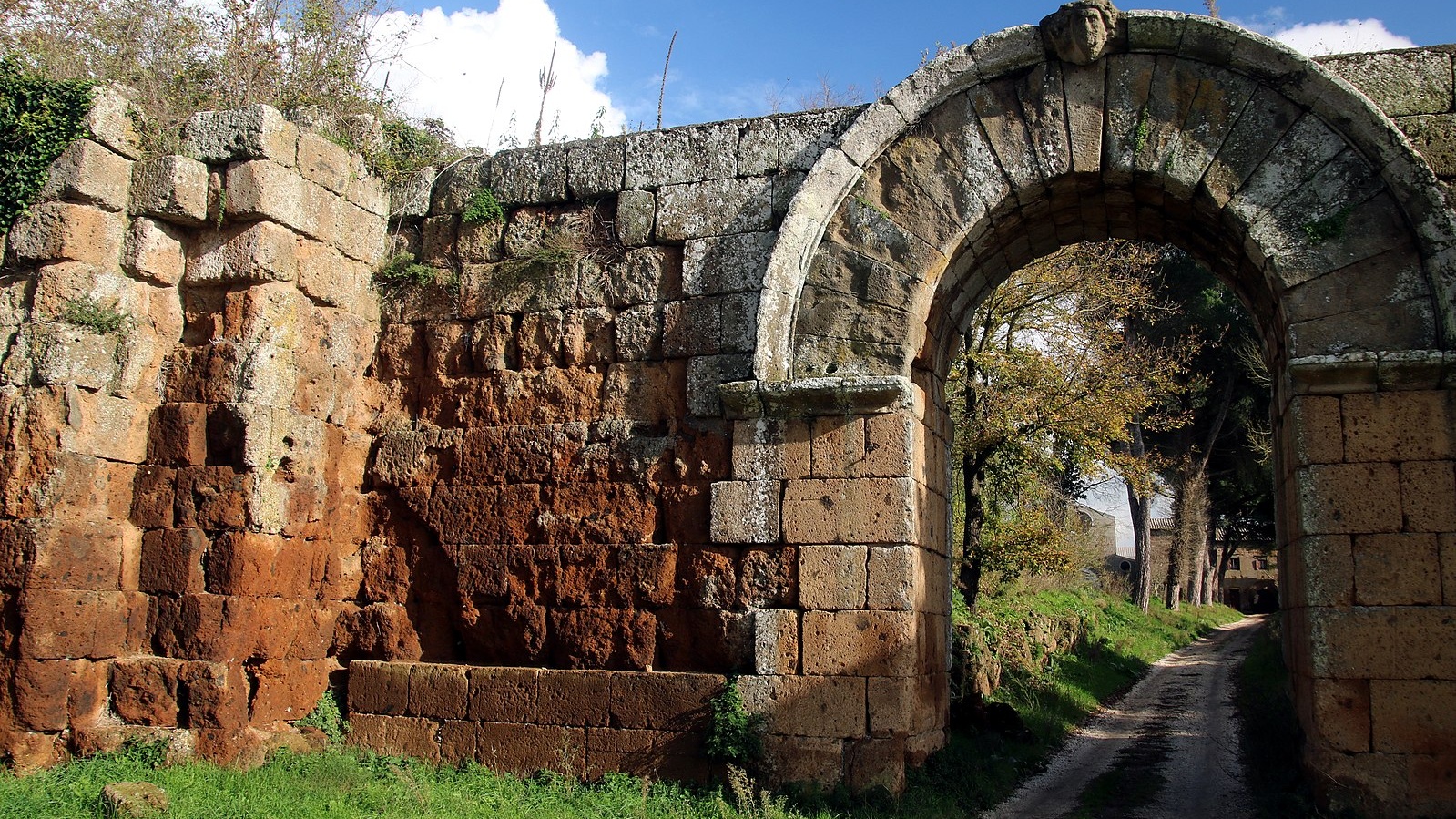 Archaeologists map Roman city using ‘quad bike and radar’
Archaeologists map Roman city using ‘quad bike and radar’Speed Read New scanning system reveals ‘elaborate’ details of ancient settlement
-
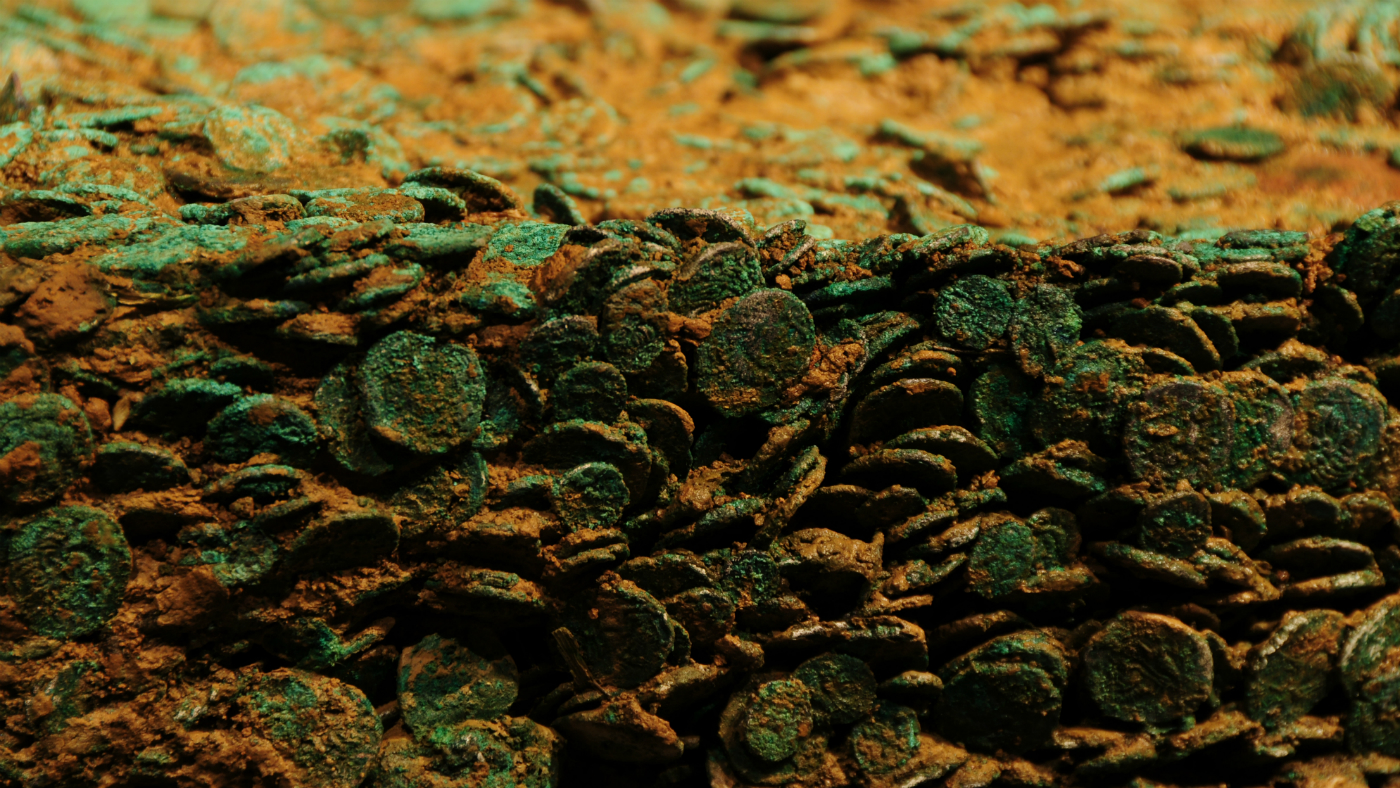 Iron Age coins: how record-breaking £10m hoard was discovered
Iron Age coins: how record-breaking £10m hoard was discoveredSpeed Read Two amateur treasures hunters handed Guinness World Records title after unearthing pre-Christian haul on Jersey
-
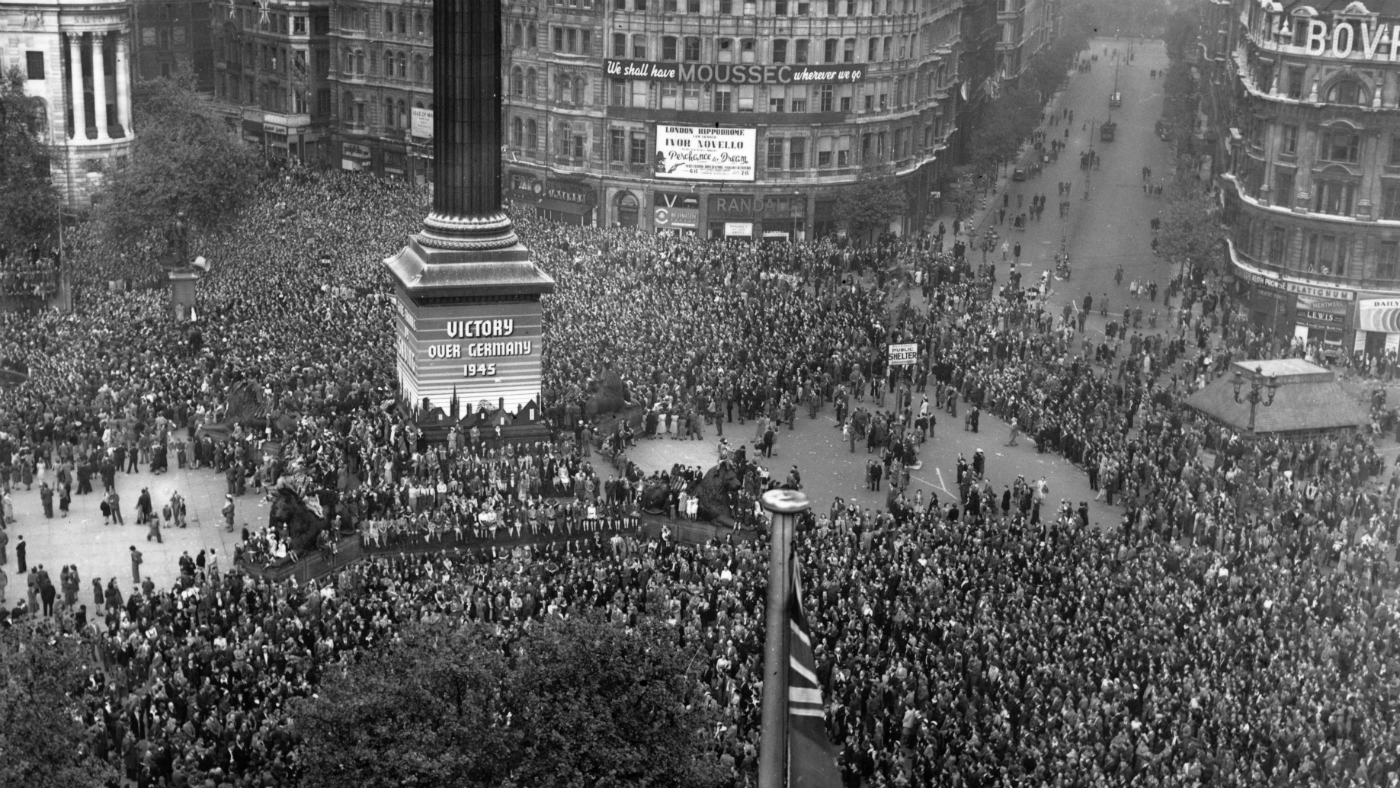 Why May Day bank holiday is set to move in 2020
Why May Day bank holiday is set to move in 2020Speed Read Government considering switching date in order to mark VE Day anniversary
-
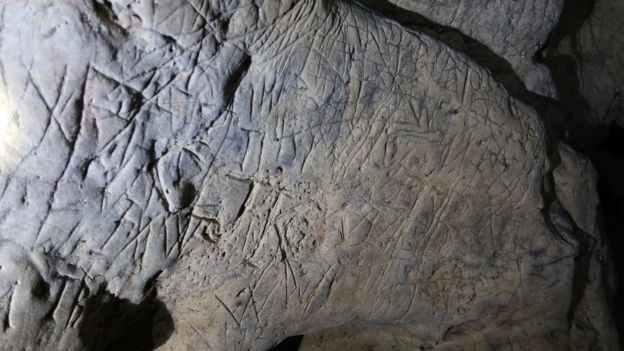 Mystery of Nottinghamshire ‘witch cave’
Mystery of Nottinghamshire ‘witch cave’Speed Read Cave carvings initially thought to be graffiti now believed to be UK’s biggest collection of ‘apotropaic’ signs